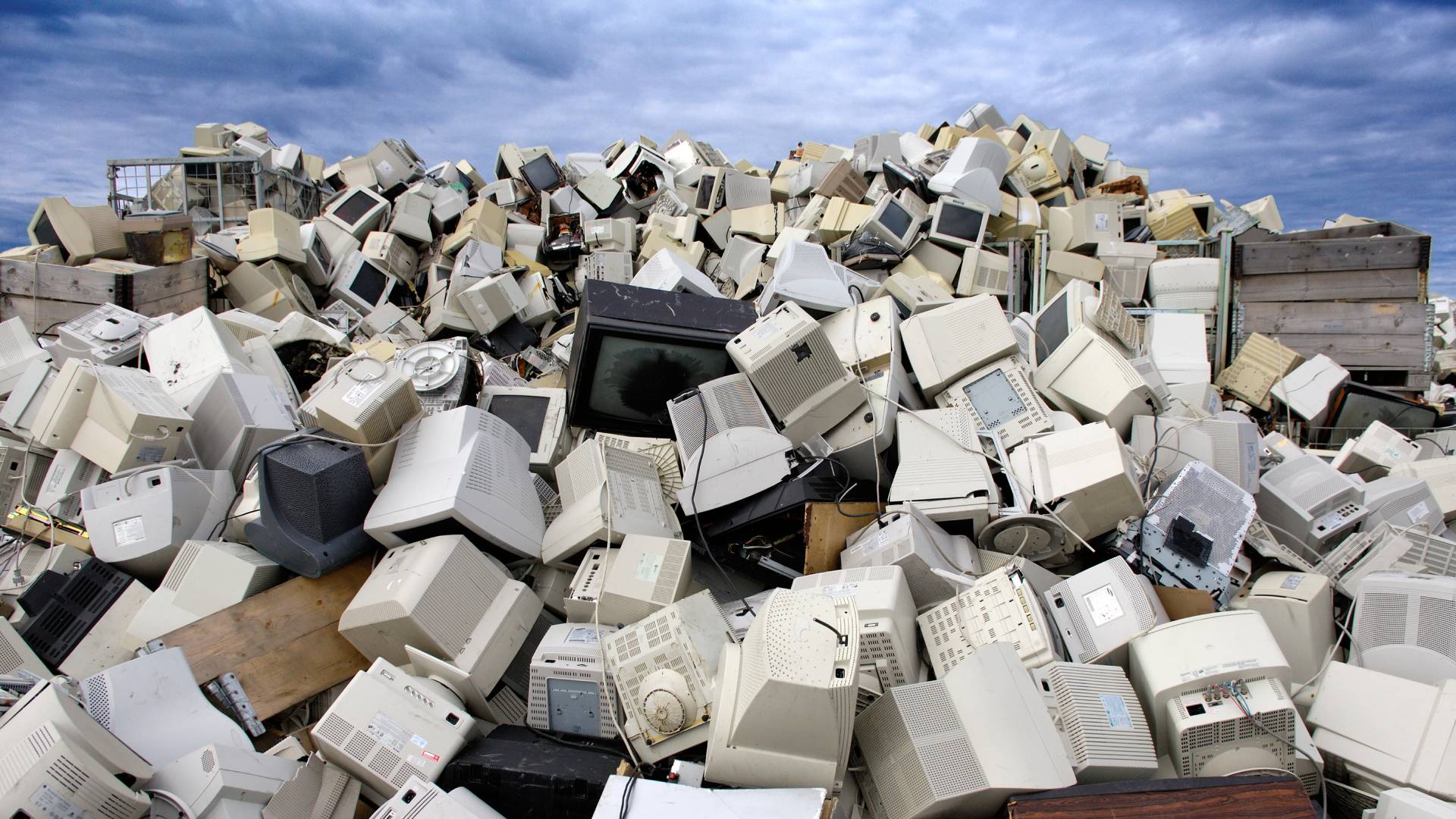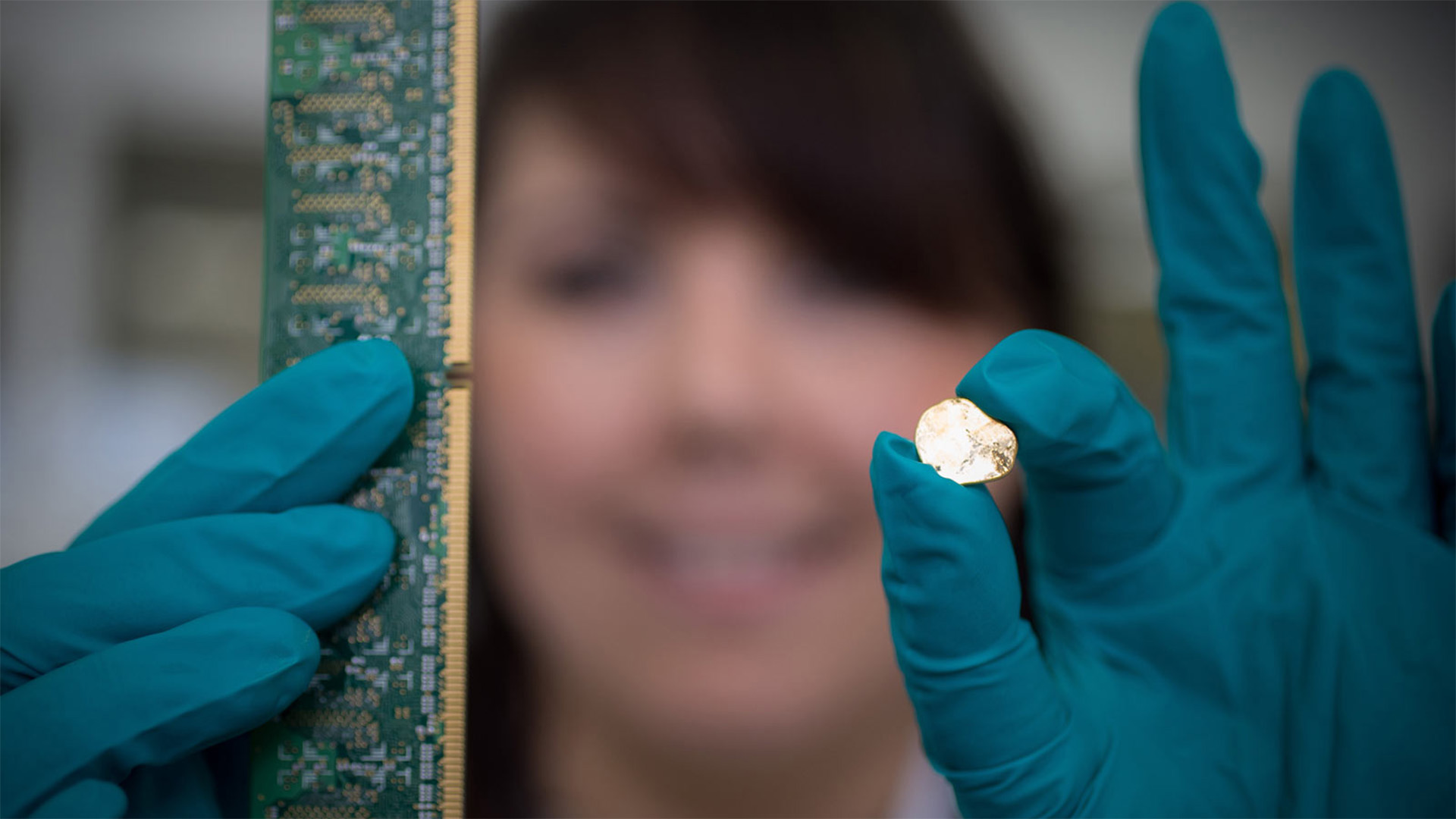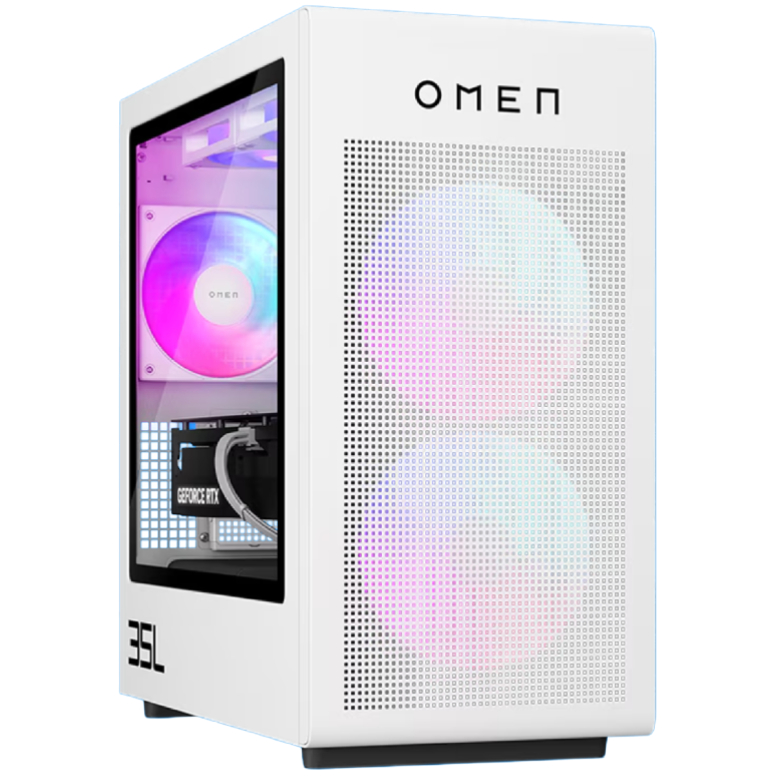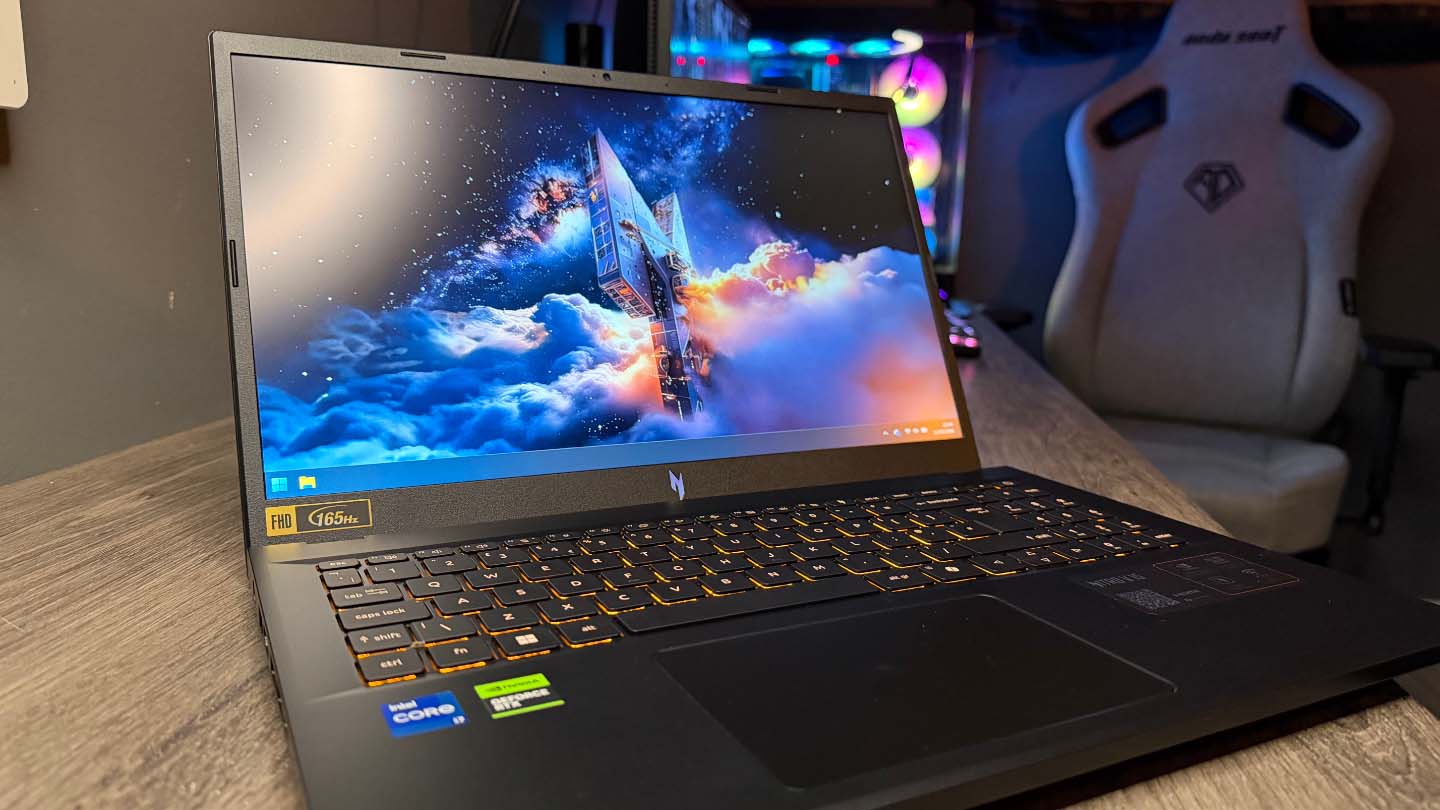Research team shares new method for sucking gold out of old PC hardware, making some progress towards shrinking our mountains of e-waste one day
No more nightmares.

Keep up to date with the most important stories and the best deals, as picked by the PC Gamer team.
You are now subscribed
Your newsletter sign-up was successful
Want to add more newsletters?

Every Friday
GamesRadar+
Your weekly update on everything you could ever want to know about the games you already love, games we know you're going to love in the near future, and tales from the communities that surround them.

Every Thursday
GTA 6 O'clock
Our special GTA 6 newsletter, with breaking news, insider info, and rumor analysis from the award-winning GTA 6 O'clock experts.

Every Friday
Knowledge
From the creators of Edge: A weekly videogame industry newsletter with analysis from expert writers, guidance from professionals, and insight into what's on the horizon.

Every Thursday
The Setup
Hardware nerds unite, sign up to our free tech newsletter for a weekly digest of the hottest new tech, the latest gadgets on the test bench, and much more.

Every Wednesday
Switch 2 Spotlight
Sign up to our new Switch 2 newsletter, where we bring you the latest talking points on Nintendo's new console each week, bring you up to date on the news, and recommend what games to play.

Every Saturday
The Watchlist
Subscribe for a weekly digest of the movie and TV news that matters, direct to your inbox. From first-look trailers, interviews, reviews and explainers, we've got you covered.

Once a month
SFX
Get sneak previews, exclusive competitions and details of special events each month!
I've mentioned more than once how the thought of mounting e-waste keeps me up at night. Adding to the anxious no-slumber party is the fact that, to extract the gold necessary for the manufacture of a whole bunch of PC hardware, typical mining practices often use environmentally damaging amounts of cyanide and mercury. However, a recent research paper from a team at Flinders University in Australia takes aim at both anxious thoughts, offering some compelling bedtime reading.
In an article published in Nature, the research team detailed a new method for extracting gold from existing e-waste (via Techxplore). Better yet, this process is relatively low-cost and largely avoids the use of toxic chemicals. Instead, the team's process relies on a reagent widely used in water sanitation to dissolve gold in not just e-waste, but mixed metal waste, and gold ore as well.
So, how does it work? First up, that aforementioned reagent, trichloroisocyanuric acid, is activated by salt water to dissolve the gold found in, say, ye olde circuit boards of yore.
Next, that dissolved gold is bound to a sulfur-rich polymer developed by the research team at Flinders University. Described as a "polysulfide polymer sorbent," this sticks selectively to the gold in the dissolved solution. This polymer is pretty essential to the whole process as it can be converted back into a monomer, leaving behind just the gold, which can then be reused. I think I might just sleep a little easier tonight.
The research team also coordinated with experts based in the US and Peru to ensure their method would work for more typical mining scenarios as well. This was specifically in the hopes of offering a less environmentally impactful method to smaller-scale mines otherwise using mercury to extract gold from ore. Besides mining, this method has also proven effective in recovering even trace amounts of gold from scientific wastewater.

It's far from the first attempt to repurpose gold found in discarded electronics, with the UK Royal Mint undertaking an "urban mining" project last year.
However, rather than recycle this gold, the Royal Mint set its sights on jewellery and commemorative coins. As much as I like all that glitters, I was personally less jazzed about this specific repurposing of e-waste gold, but at least this project meant slightly less was going straight to the landfill.
Keep up to date with the most important stories and the best deals, as picked by the PC Gamer team.
On the other hand, gold is far from the only environmentally harmful thing you'll find in your desktop, with many other metals requiring just as destructive mining practices. Then, there's the subject of power and emissions, not to mention how much worse that equation has begun to look since the advent of AI. For just one example, Google's increasing reliance on AI-supporting data centres has increased the company's greenhouse gas emissions by 48% over the last half decade.
Still, I want to feel hopeful about the Flinders University team's findings. Perhaps I can dare to hope that the UK's best years of electronics recycling are still yet to come, despite what the data suggested back in 2023. Perhaps I should hold on to my ancient, defunct gaming laptop for a few years more while I wait for the e-waste recycling revolution to really get going.

1. Best overall:
HP Omen 35L
2. Best budget:
Lenovo Legion Tower 5i
3. Best compact:
Velocity Micro Raptor ES40
4. Alienware:
Alienware Aurora
5. Best mini PC:
Minisforum AtomMan G7 PT

Jess has been writing about games for over ten years, spending the last seven working on print publications PLAY and Official PlayStation Magazine. When she’s not writing about all things hardware here, she’s getting cosy with a horror classic, ranting about a cult hit to a captive audience, or tinkering with some tabletop nonsense.
You must confirm your public display name before commenting
Please logout and then login again, you will then be prompted to enter your display name.

